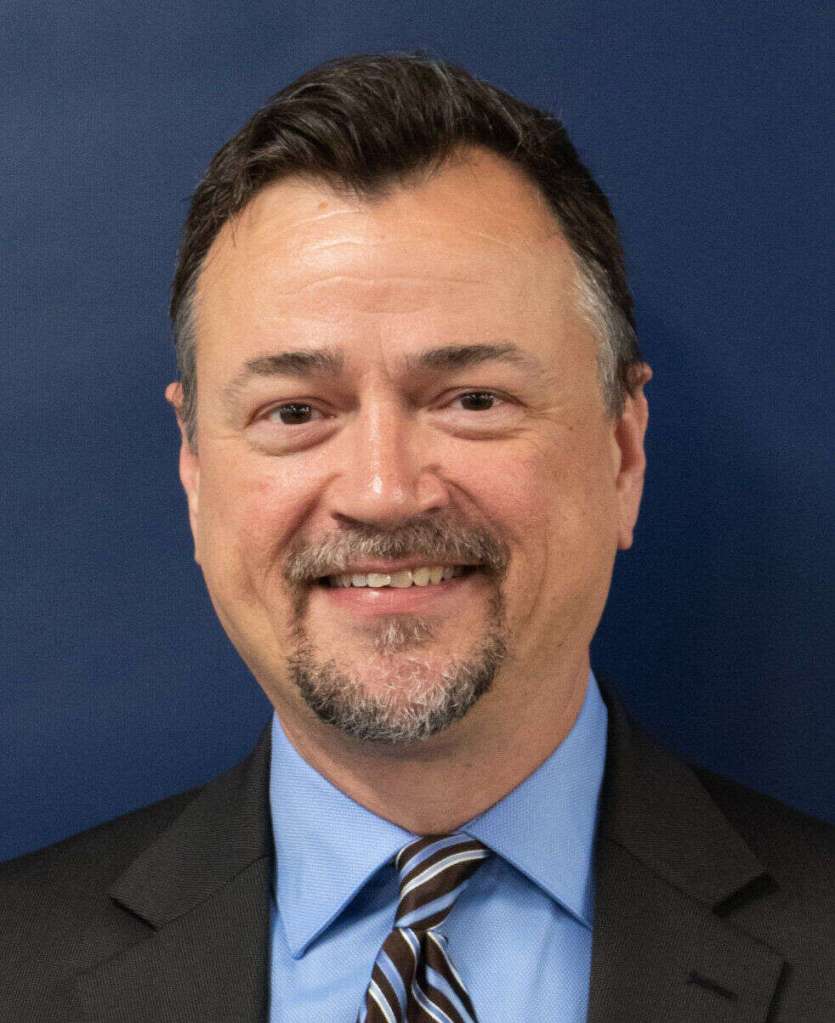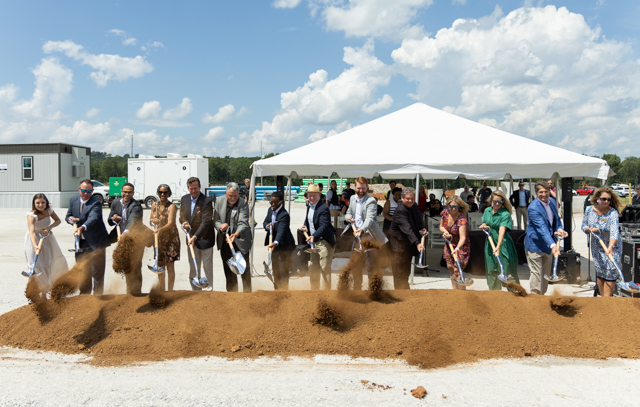A reckoning is coming for higher education
Published 6:00 am Saturday, September 14, 2024

- Gary Houchens
Americans have steadily lost confidence in the value of higher education for many legitimate reasons.
A recent Gallup survey asked more than 2,000 Americans their perceptions of higher education.
Trending
Only a third of respondents said they had a “great deal” or “quite a lot” of confidence in higher education, down from 57% in 2015.
The drop in confidence was greatest among respondents who identified as Republicans, but perceptions of higher education declined among Democrats and independents as well. Overall, 68% of those polled said they felt like higher education in America was “heading in the wrong direction.”
What is driving this growing frustration with America’s colleges and universities?
According to the poll, 28% of survey takers who reported very little confidence in higher education cited the rising cost of college as a key reason. In fact, the average cost of a college degree has more than doubled since 1980, and while the typical college graduate still earns, over a 40-year career, millions more dollars than a non-college graduate, the lifetime earnings gap between college and non-college graduates has narrowed slightly in recent years.
Meanwhile, more high school graduates have turned to technical training in skilled trades, which also offer improved lifetime earnings compared with those who only have a high school degree or less. The Wall Street Journal recently featured a story about a 21-year-old Pennsylvania man who opted against college to become a heating, ventilation and air conditioning repair technician. With overtime, he makes more than $70,000 per year and after his apprenticeship in a few years, expects to make more than $132,000.
For young people eager to enter the work world and who don’t relish spending four or more years in college, such a career path is attractive and reasonable.
Trending
Clearly, colleges and universities need to show prospective students the economic value of a degree (including a technical credential), but there are larger concerns about higher education revealed in the Gallup poll that need to be confronted.
Among those who expressed little confidence, 41% said colleges and universities have become hotbeds of far-left political ideology. The recent antisemitic protests and demonstrations on elite college campuses are examples of a real, decades-long effort to suffuse every dimension of the college experience with the most radical leftist assumptions about economics, history and the nature of the human person.
While such extremism is not the norm in most Kentucky colleges, conservative students and faculty sense that their worldview dramatically differs from most of their professors and colleagues. Meanwhile, the University of Louisville is embroiled in a lawsuit for allegedly firing a medical school professor who questioned the appropriateness of “gender-affirming care.”
Such cases illustrate that even in Kentucky, campus ideology has drifted dramatically away from the views of most Kentucky taxpayers and students.
A reckoning is coming for colleges and universities, which need to recommit to the traditional mission of forming men and women for lives of service and virtue, not just as economic producers. And for their own financial future, higher education leaders also need to be mindful that the taxpayers and tuition payers expect a high-quality education free from ideological extremism and coercion.
— Gary Houchens, Ph.D., is director of the Educational Leadership doctoral program at Western Kentucky University.






